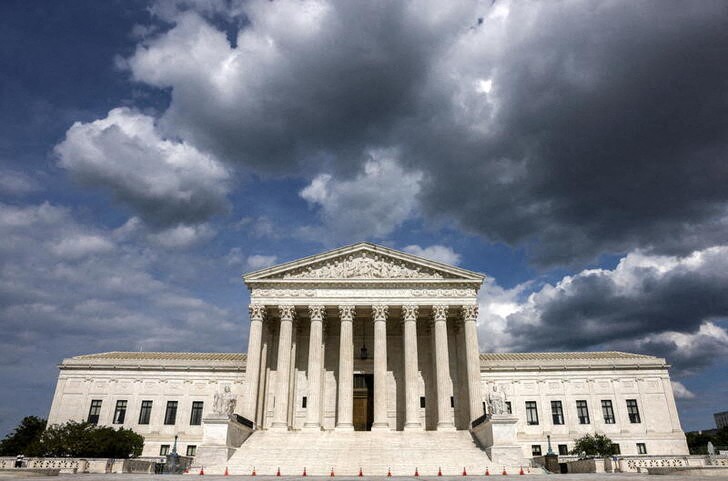
The Oklahoma Development Finance Authority responded this week to a lawsuit challenging the constitutionality of using a 2021 legislative act to help utilities spread out their 2021 winter storm costs to consumers over the coming years.
In a filing with the Oklahoma Supreme Court in the case brought by former State Rep. Mike Reynolds, the ODFA said the securitization process has been utilized by many other states in assisting consumers from being burdened with large lump-sum payments as a result of the storm costs.
“That is the heart of the public policy behind the Securitization Law, to minimize the financial impacts on customer utility bills relating to the 2021 winter storm,” wrote Jered T. Davidson, an attorney for the ODFA.
He also asked the Court to consolidate the Reynolds case with the challenge made over the Oklahoma Gas and Electric securitization case. Reynolds’ lawsuit was filed separately with the court and named all members of the Oklahoma Development Finance Authority as defendants, along with Davidson.
However, Supreme Court Justice Dana Kuehn, who recused herself this week from the OGE/ODFA case before the high court, as OK Energy Today reported, did not file a similar recusal in the Reynolds lawsuit. It raises the question, if Justice Kuehn had a conflict of interest resulting in her recusal from the OGE/ODFA case, why didn’t she have the same one for the Reynolds lawsuit?
Just as he argued before a Supreme Court referee last month in the constitutional challenge, Davidson repeated his claim that the law only allows the recovery of amounts which “would otherwise be recoverable from customers as fair, just and reasonable expenses and prudently incurred” and the carrying costs relative to the interim financing obtained by the utilities.
He described the Act as “an additional tool” for the Oklahoma Corporation Commission to assist public utilities and ratepayers in the payment of the extraordinary fuel costs stemming from the February 2021 winter storm.
Davidson also stated the Supreme Court had previously approved bonds of the Authority. He pointed to a 2004 challenge of bonds for the Oklahoma Quality Jobs Incentive Leverage Act, a challenge that contended the bonds were not “revenue bonds.”
“The Bonds follow this Court’s precedent and to find otherwise would overturn nearly 70 years of settled law as it relates to public trust and self-liquidating obligations,” argued Davidson. He also contends the securitizations for the different regulated utilities will save Oklahomans “billions of dollars by being able to access municipal markets as compared to traditional utility markets which provides a much lower cost of funds.”
Davidson concluded his response by arguing that time is critical for the utilities and the ODFA, stating that each day the applications remain unresolved “allows additional interest cost to be accrued on the utilities’ interim financings.”





